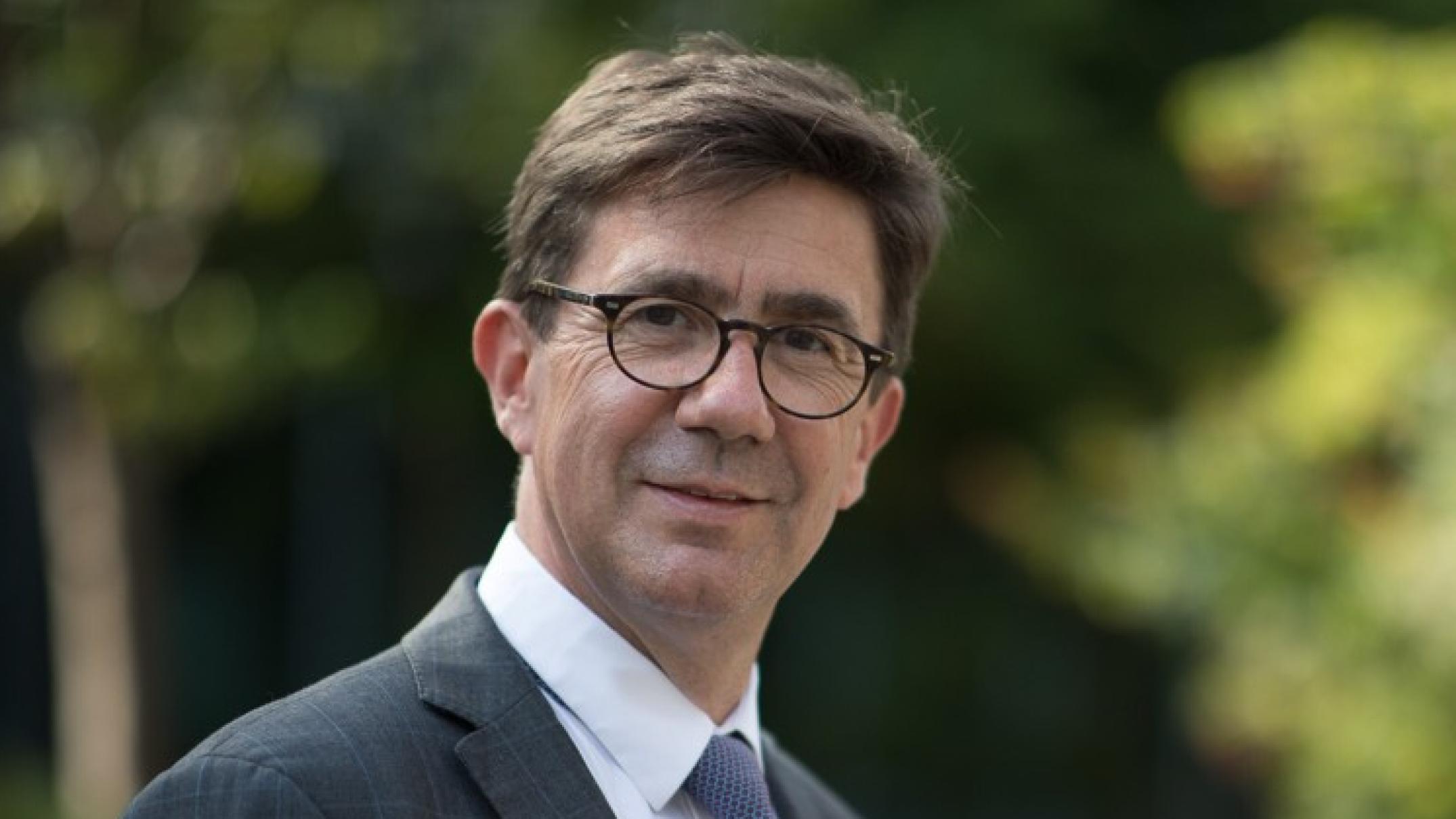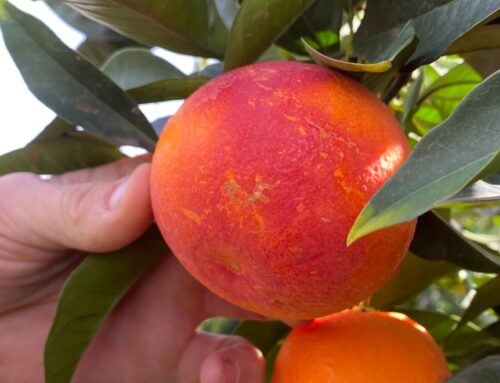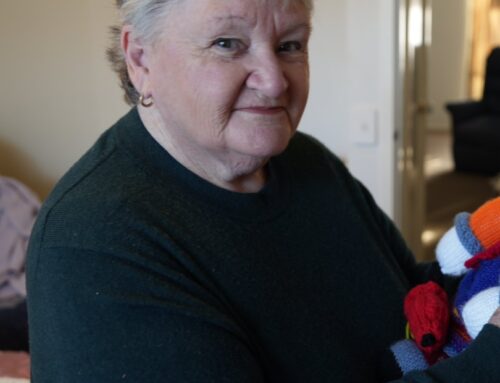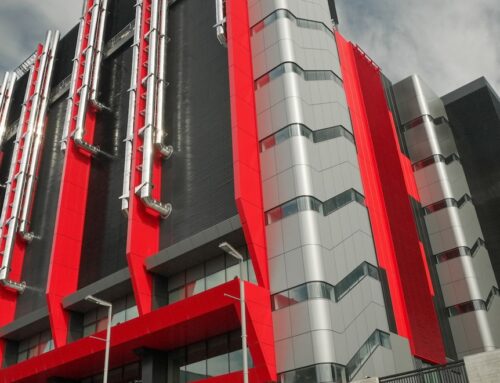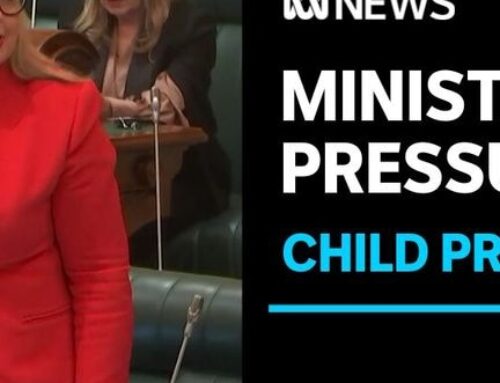The boss of French shipbuilder Naval Group has received a special exemption allowing him to undergo 14 days of mandatory coronavirus quarantine at a residential property instead of a medi-hotel, SA Police has confirmed.
Key points:
- Naval Group boss Pierre Eric Pommellet will quarantine at a private residence
- SA Police Commissioner Grant Stevens said the exemption was made on special security grounds
- The company holds a multi-billion dollar contract to build the Australian Navy’s submarine fleet
Pierre Eric Pommellet is the global chairman of Naval Group, which has been awarded the Federal Government’s multi-billion dollar contract to build the Australian Navy’s next fleet of submarines.
In a statement, Police Commissioner Grant Stevens — who is also the State Coordinator for South Australia’s COVID-19 emergency response — said the application for an exemption was made “on the basis of security grounds” and that those “security grounds were legitimate”.
“That was assessed by the SA Health exemptions committee and they approved him to be in a separate location,” he said.
“The application was subject to my team’s assessment in relation to being able to provide a secure environment.
“We made the assessment based on the placement of dedicated resources there that we could manage that safely.”
Commissioner Stevens said police would be guarding the residence “24 hours a day, seven days a week” to “ensure compliance with all of the requirements that were stipulated by SA Health”.
“It wasn’t a decision that was taken lightly given the resource implications that arise from that,” he said.
Mr Pommellet is currently in Adelaide, where the Navy’s 12 new submarines will be constructed.
South Australia’s Chief Public Health Officer, Professor Nicola Spurrier, said it was her understanding that “the security requirements were so great … from a cyber perspective, that it would not have been possible for [Mr Pommellet] to quarantine in a hotel setting”.
“We’ve had of course sports people, most recently the tennis players, and previously the Australian cricket team … [who] required exercise privileges,” she said.
“We’ve also had, from time to time, people who’ve had complex medical needs, including mental health problems, and in some circumstances we’ve had to make alternative arrangements.
“It’s not done lightly, and we absolutely make sure that all security and all infection control is still put in place.”

